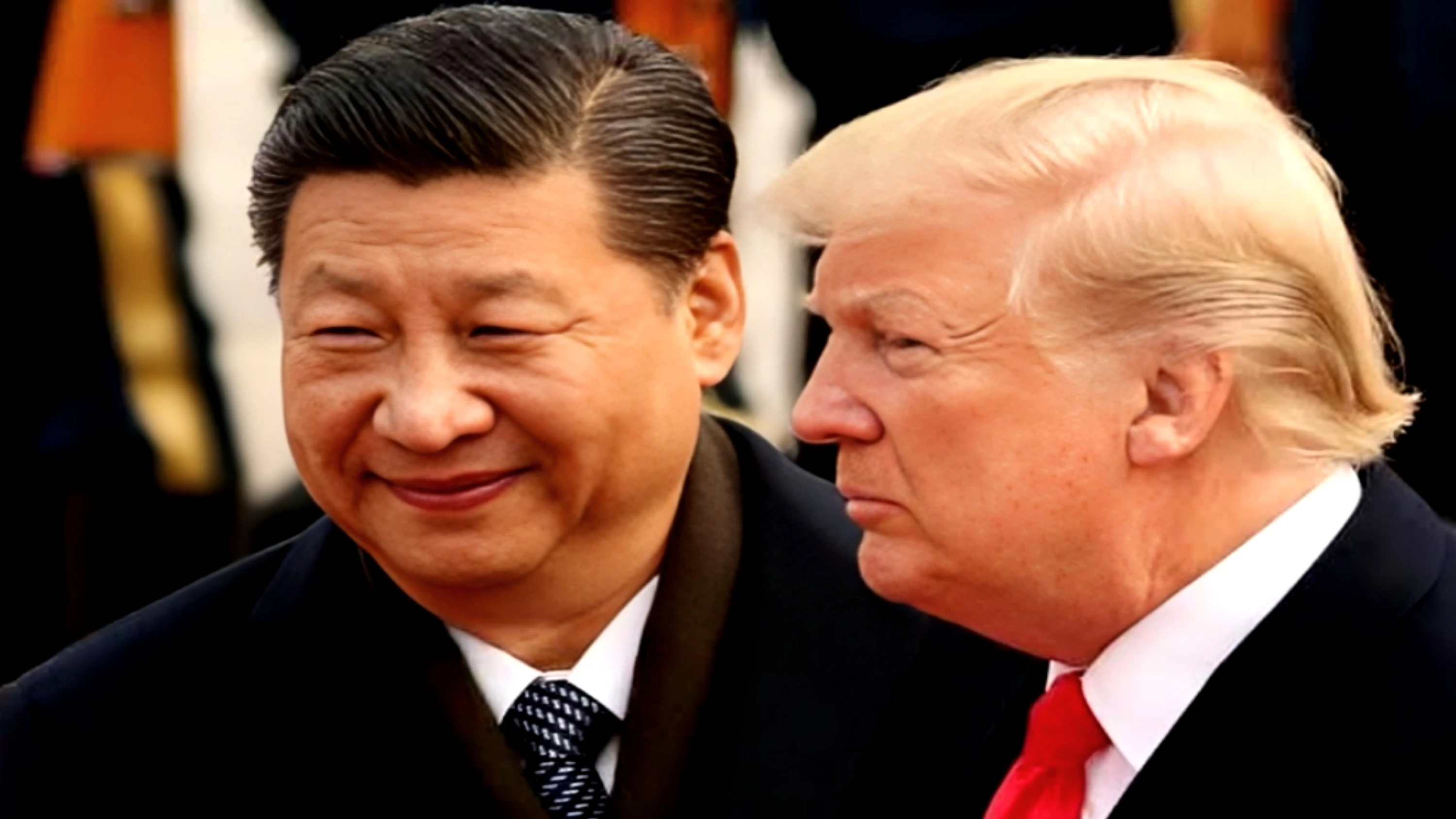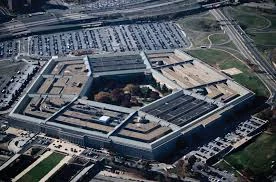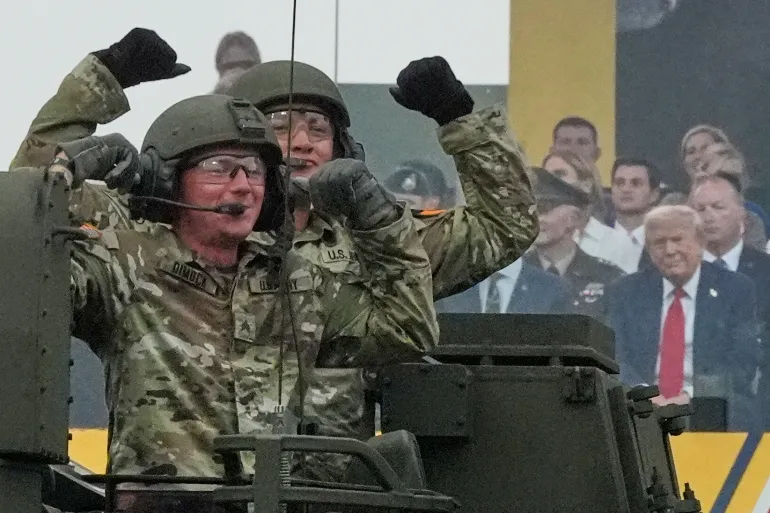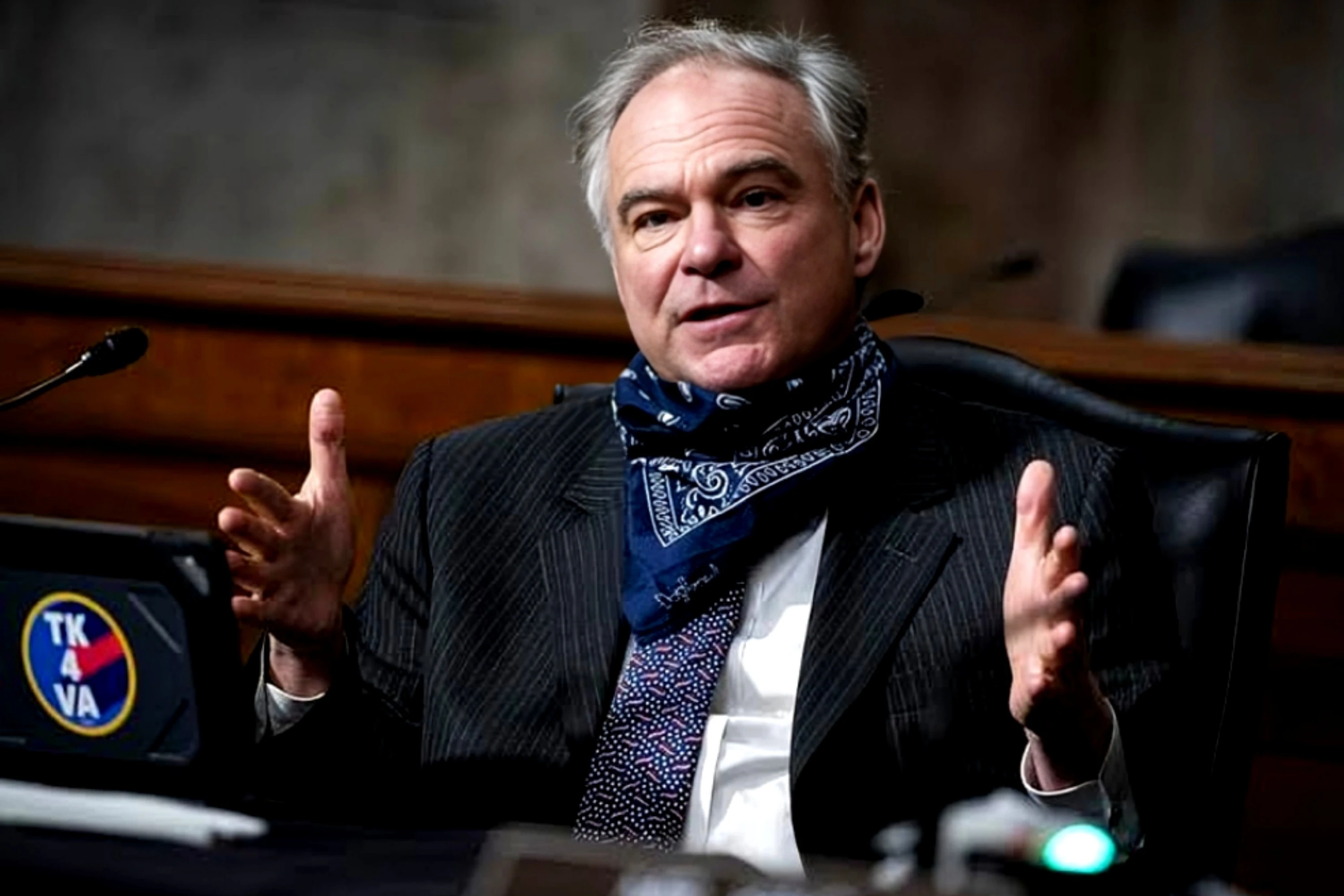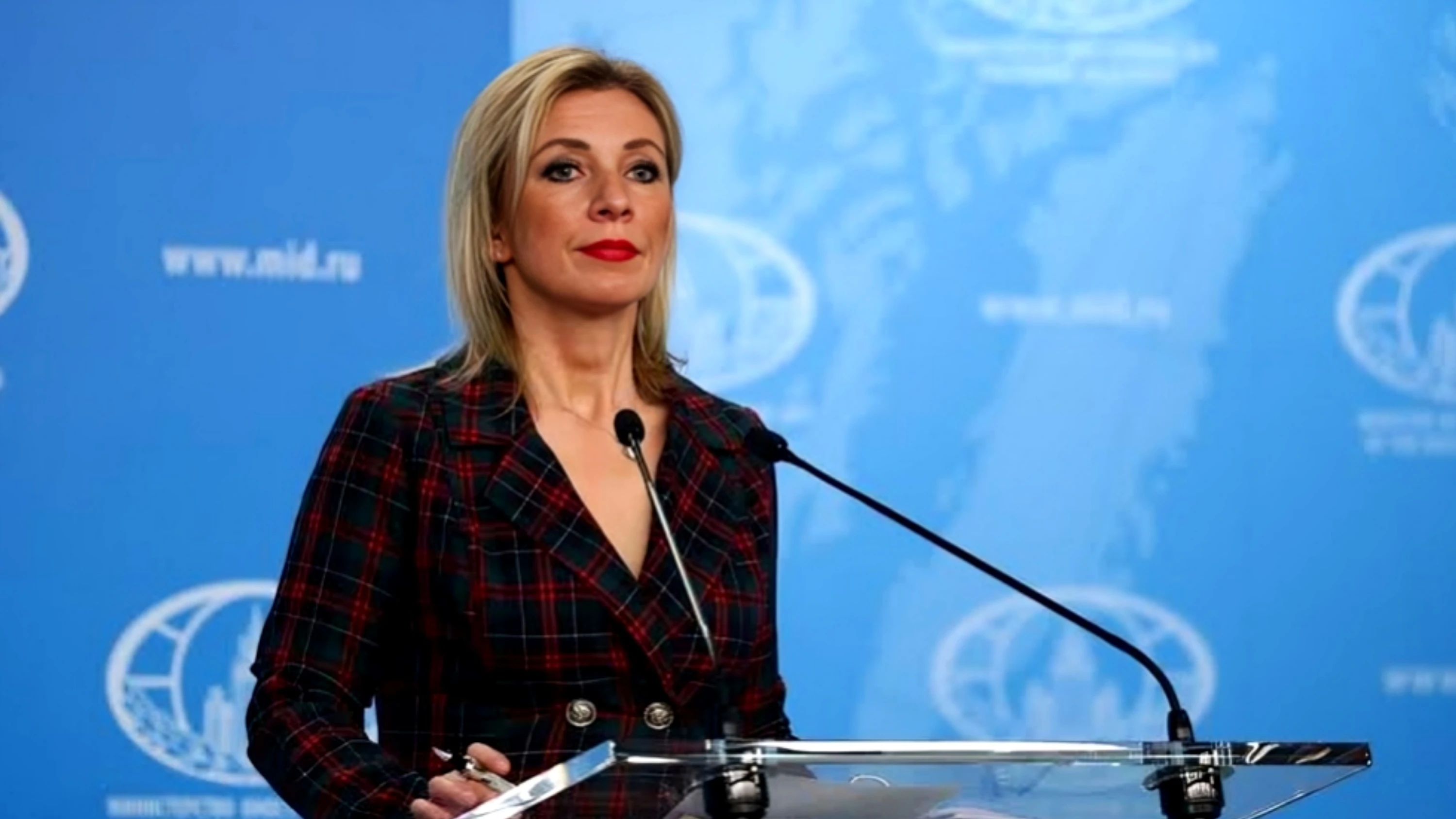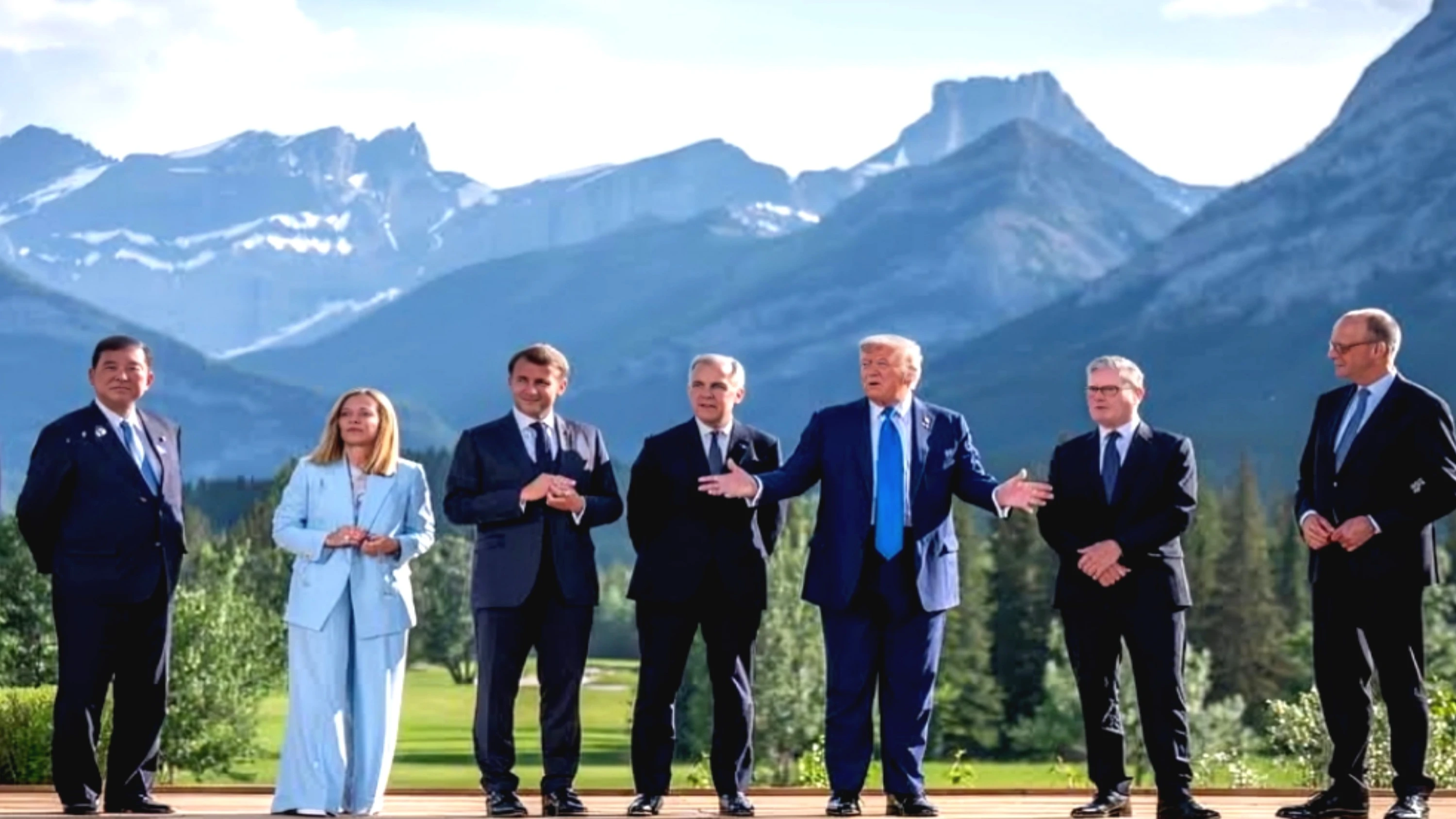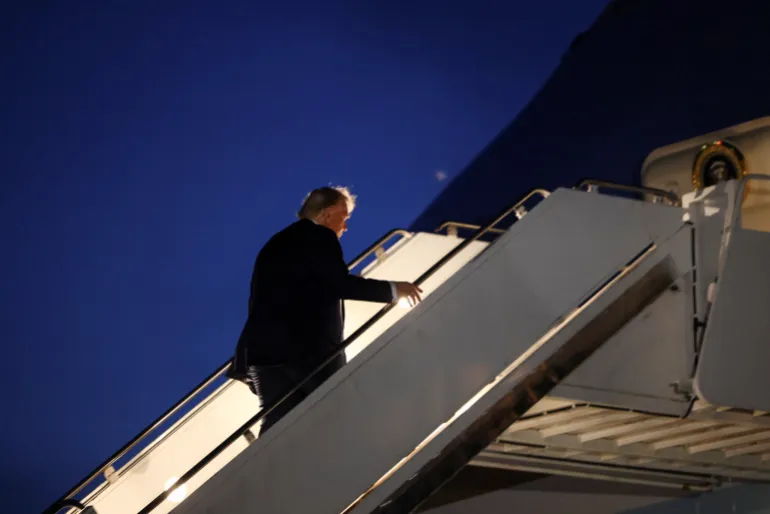Washington: U.S. President Donald Trump has indicated that the steep tariffs currently imposed on Chinese imports—set at 145%—will be significantly reduced in the near future.
Speaking at a press conference in the Oval Office on Tuesday, Trump said he expects a trade agreement with China to come together quickly and emphasized that he does not plan to take an aggressive stance during negotiations.
“It won’t stay that high,” Trump said of the tariffs, adding that both sides could reach a mutually beneficial deal. “They’re going to do well, we’ll do well, and I think we’ll work together in harmony.”
Trump’s remarks came on the heels of a speech by U.S. Treasury Secretary Scott Bessent, who acknowledged that the prolonged tariff standoff with China was unsustainable. Speaking at an event for JPMorgan Chase in Washington, Bessent told attendees that while formal talks between Washington and Beijing have yet to begin, he expects the trade tensions to ease.
“Negotiating with China will be a slow process,” Bessent reportedly said, according to sources familiar with his comments. “But both sides understand that the current situation can’t continue.”
The U.S. has levied 145% import taxes on Chinese goods, while Beijing has retaliated with 125% tariffs on American products. These actions have impacted global markets, pushed up U.S. debt interest rates, and raised concerns over inflation and slower economic growth.
When asked again about the China negotiations during the swearing-in ceremony of SEC Chair Paul Atkins, Trump declined to confirm whether he had spoken with Chinese President Xi Jinping but reiterated his optimism about reaching an agreement.
“We’re not going to play hardball,” Trump said. “We’re going to be fair, and I think China will be happy with the outcome.”
Meanwhile, China issued a sharp warning to other countries, cautioning against entering trade deals with the U.S. that could hurt Chinese interests. “Any agreement that undermines China will be met with reciprocal countermeasures,” said a statement from China’s Commerce Ministry.
The ministry also criticized Washington’s broader use of tariffs, calling them a form of economic coercion. “Concessions won’t bring peace, and compromising won’t earn respect,” it said.
Despite the growing tension, Chinese officials maintain that they are open to dialogue, although no concrete meetings have been scheduled.
Bessent has urged other nations negotiating trade agreements with the U.S. to align more closely with Washington in addressing China, suggesting a united front could produce better results.


